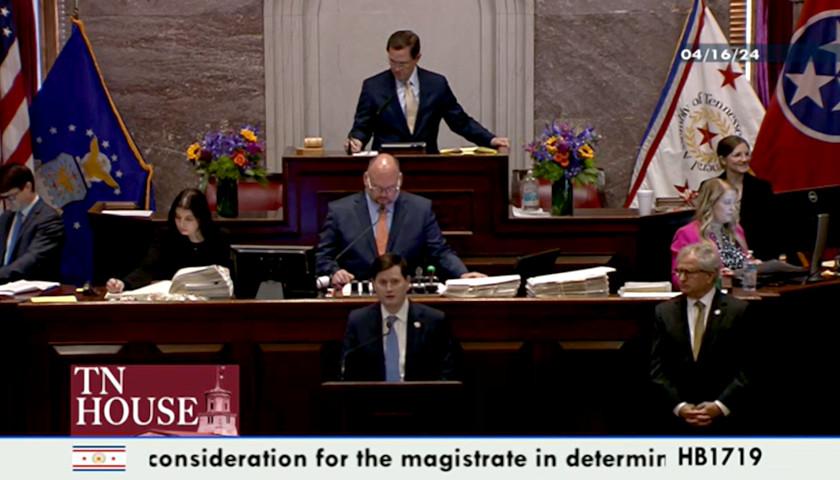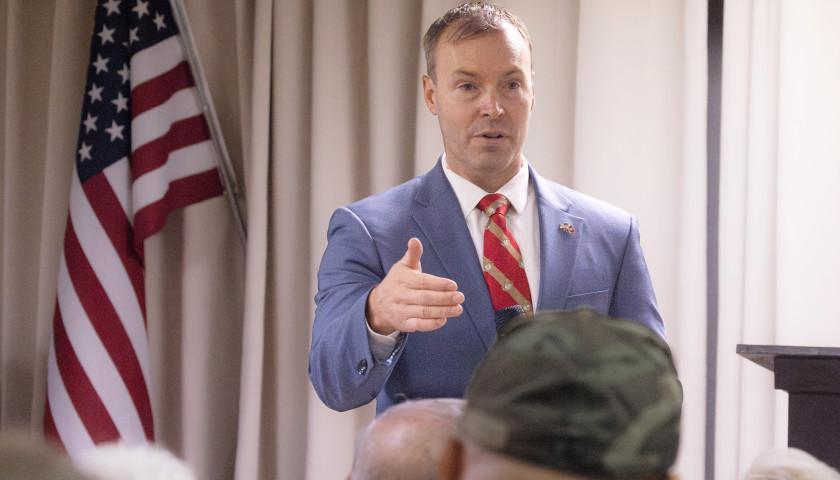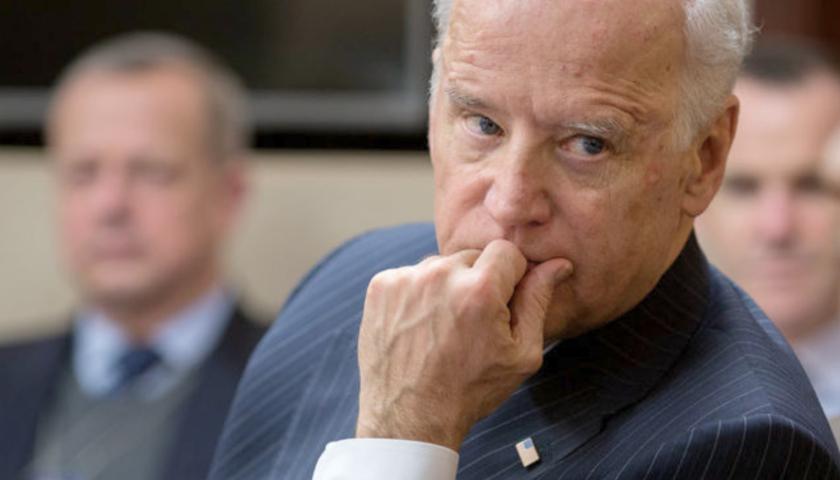by Timothy Head
At its core, conservativism holds that America is at its best when families are strong, communities are safe, and the economy is booming. But in recent years, in certain parts of Tennessee, violent crime has risen even though the state has increased spending to keep more of its citizens incarcerated for longer. It’s only prudent to ask whether the current approach is working.
A recent Sycamore Institute report highlights the tremendous cost of incarceration for the state. In 2023 $1.1 billion of state revenue was allocated for the Department of Corrections, of which $907 million was spent toward incarceration expenses, comprising nearly 80 percent of their overall budget. Meanwhile, counties statewide shouldered an additional $554 million in jail operation costs, creating a burden that extends beyond mere financial considerations. Many facilities are operating at or above capacity and continue to struggle with staffing shortages, leading to a more dangerous environment for the facilities’ corrections staff as well as for inmates.
If these costs yielded increased safety, then you could argue the money was well spent. But the prevailing approach to public safety, characterized by longer sentencing and a focus on punishment, has failed to reduce violent crime in Tennessee while increasing the financial strain on the state, counties and their taxpayers. Sentences and time served have increased over the last two decades for many felonies in Tennessee — meaning those incarcerated are occupying facility beds for longer periods than ever before and driving up costs while the state and counties foot the bill. Considering this fiscal impact and the limited return on investment, it is smart for Tennessee to explore more modern efficient, effective approaches to justice that reduce crime and promote public safety.
We can improve community safety and create stronger families and neighborhoods by focusing our limited resources on targeted, evidence-based approaches that increase the likelihood of catching perpetrators of crime.
This problem is especially acute in Tennessee. According to FBI data compiled in 2022 by the Council of State Governments, 60 percent of violent crimes reported to police throughout the state remained unsolved. In Shelby County alone, 78 percent of violent crimes reported to the authorities remain unsolved.
It might sound simple, but the best thing Tennessee can do to stop crime is to solve more of them.
Research indicates that swift and certain consequences are far more effective deterrents to future crime than severity of the sentence alone. By way of example, the reason we learn when we are young to not touch hot stoves is because the first time we touch a stove that is hot, we immediately experience pain (swiftness). And if we continue to touch hot stoves, we will continue to experience a high level of pain every single time (certainty). Long, hard prison sentences do not deter criminals if they believe there is a reasonable chance they will not be caught, or if any potential punishment might not actually come to pass for months or even years. Swiftness and certainty are especially important in deterring young people, who, as every parent knows, frequently act impulsively and recklessly.
This approach not only takes bad actors off the street, but it also sends a message to others that they will be caught and held accountable.
By strategically investing in evidence-based solutions to crime, including increased funding for police, effective crime labs, and other crime-fighting technologies, Tennessee can better curb crime rates while being good stewards of taxpayers’ money.
Tennessee can prioritize smart solutions to cut crime, design pathways for rehabilitation, and make neighborhoods safer. In doing so, Tennessee can live up to its conservative values where families are strong, communities are safe, and the economy continues to thrive.
– – –
Timothy Head serves as executive director for the Faith & Freedom Coalition. He has played a pivotal role in creating several legislative bills passed in recent years – including the landmark federal prison reform bill passed by the Trump White House commonly referred to as the First Step Act. He also serves on the board of directors for the Council on Criminal Justice.









I do believe it’s time for our Tennessee legislature to address the current “Squatter” laws that favor the squatter and not the property owners. Squatting needs to be stopped dead in it’s tracks.